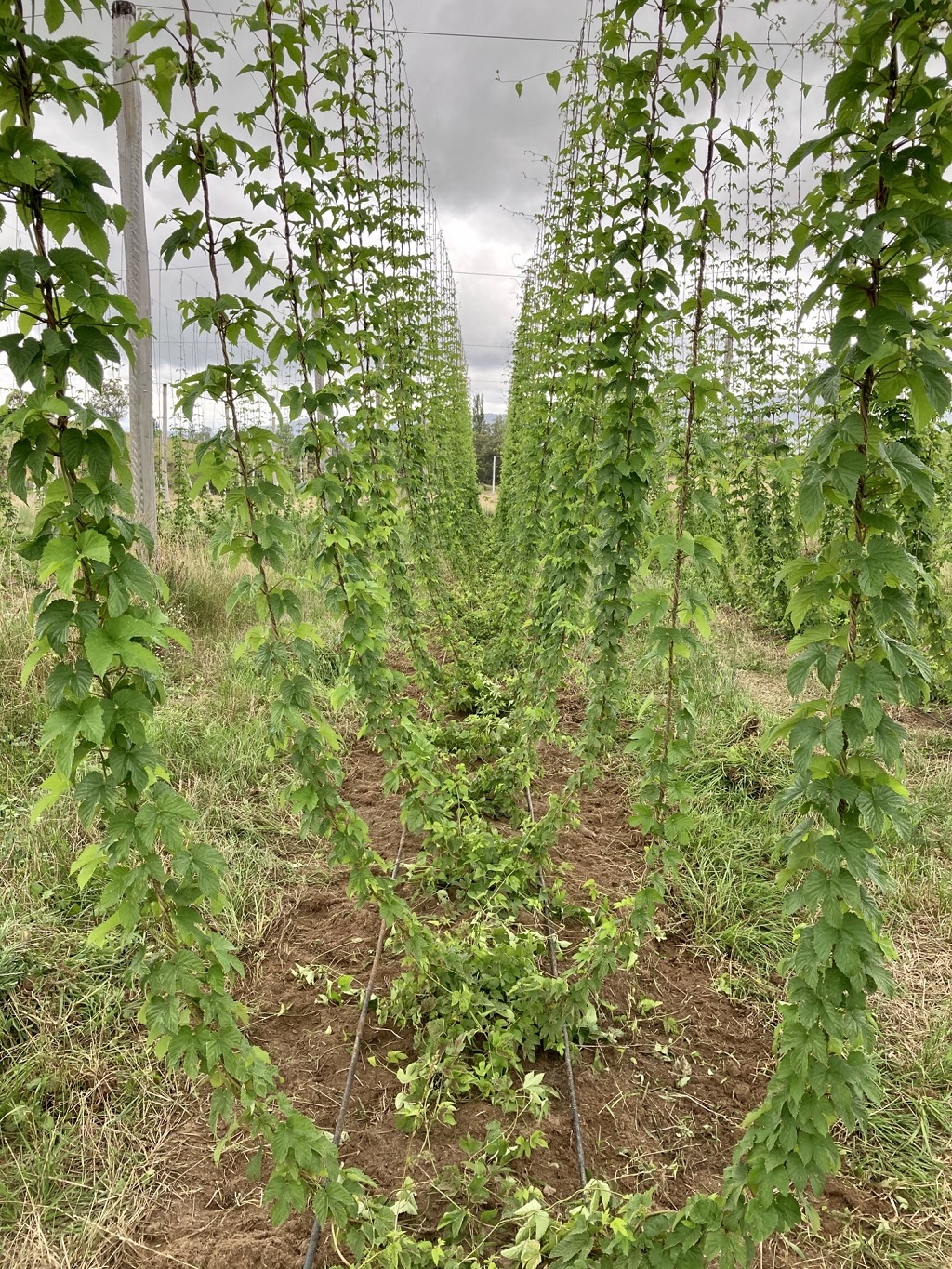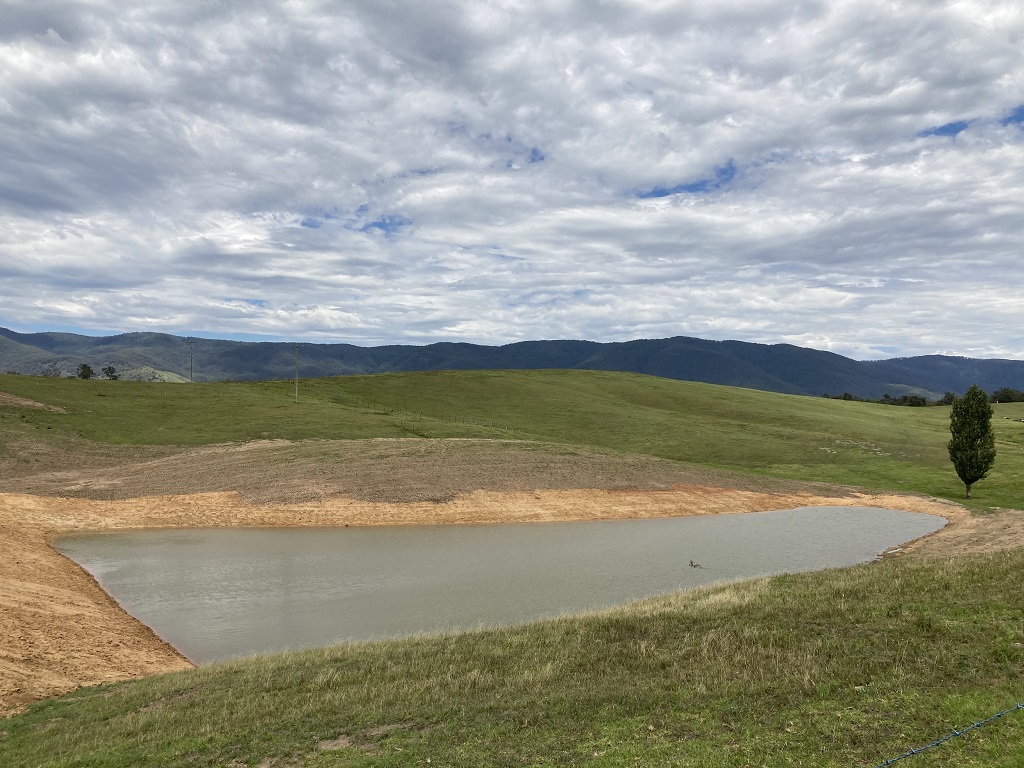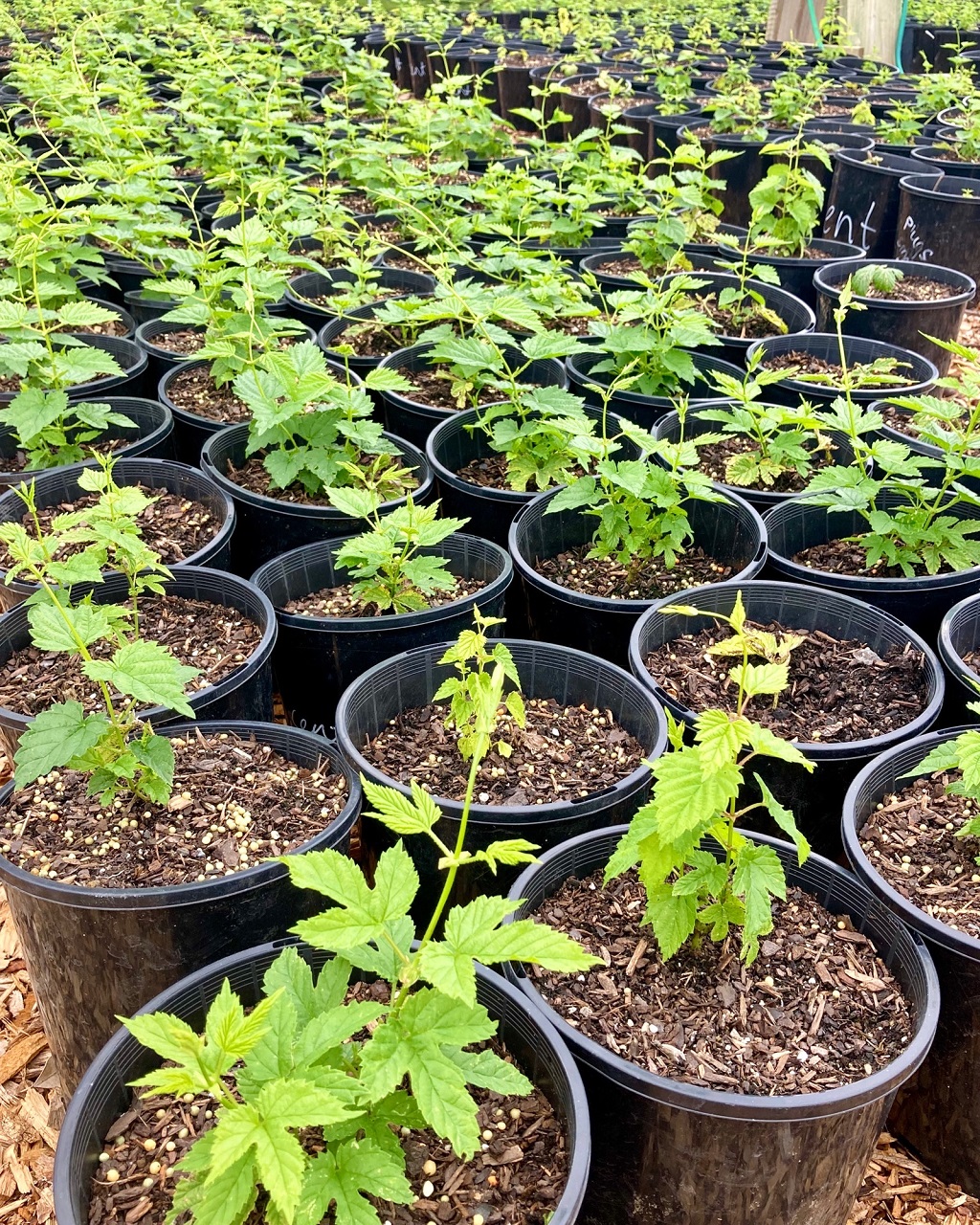
One Year On... from the bushfires
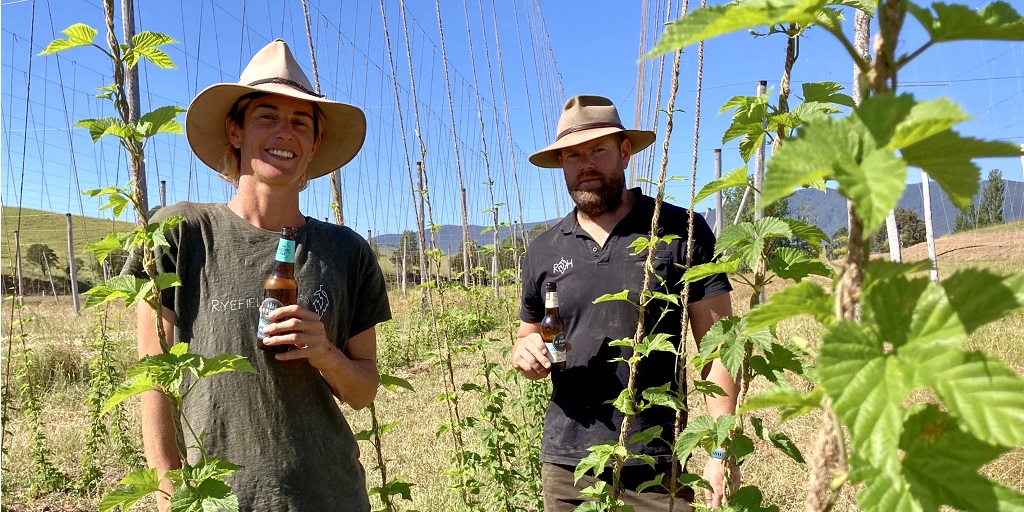
This time last year the bushfires were making headlines and, as well as their devastating impact elsewhere, were hurting the businesses of brewers and farmers alike across Australia.
The impact of the fires led to a host of initiatives like Resilience Beer, as the industry urged customers to support their local breweries and producers to help them get back on their feet. And then COVID-19 hit.
“People started to come back – by February people had started returning,” explained Laura Gray of Bright Brewery.
“We were looking at getting on with the rest of the year, and two months later COVID happened.
“We lost the whole tourist trade, the town was smoky for a while. It was several weeks before officials had marked it as safe and by then the school holidays were over, that boat had sailed.”
Gray estimated that Bright was closed for 150 days in total last year between COVID and the bushfires, but said that the High Country had a much easier time during the pandemic than its metropolitan counterparts.
“The biggest thing to acknowledge is that in regional Victoria we had it a lot easier than our counterparts in Melbourne. We had one case in the Alpine region.
“When closed, we pivoted the entire business to online beer, people were desperate to get their High Country fix and we had a mammoth year in online sales.”
It is not just the online growth that has helped High Country brewers like Bright, Gray said.
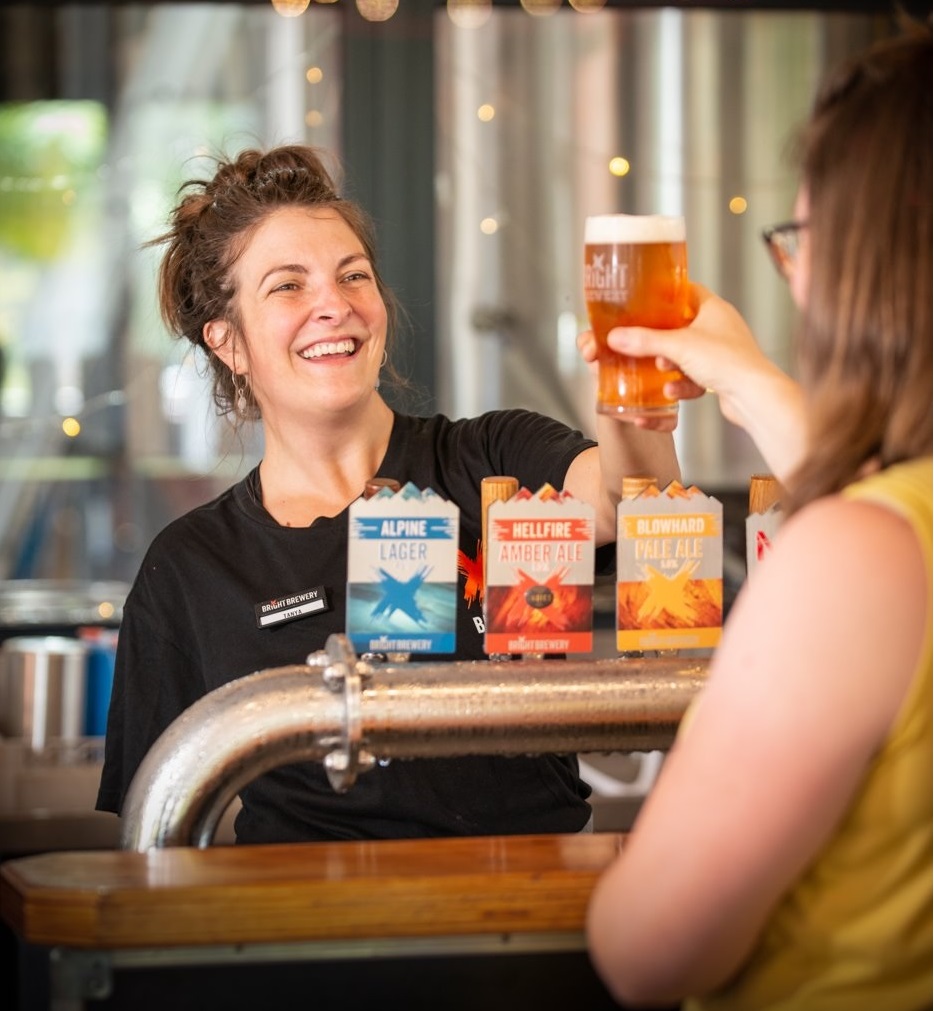
“The venue is our pride and joy and the bulk of our business and to be closed for 150 days, practically half the year, had a huge impact on the business.
“It’s been open again since October and the support we received from regional Victoria when it was allowed to travel and then Melbourne, and then when interstate borders opened has been phenomenal. We knew it would be busy and it’s been busier than ever.
“People are going to see other parts of Australia that they might not have travelled to otherwise and with restrictions on international travel potentially until next year, it looks like we’ll all be holidaying at home.
“It’s definitely brought peoples’ spirits up again – it almost feels like old times.”
Gray thinks this will continue, even potentially after international travel bans are lifted.
“People have been pretty wary or circumspect about travelling even interstate, but we’re lucky in that being close to the border we get people from places in ACT and NSW which aren’t too far away
“They’re definitely embracing this ‘holiday at home’ mentality the government is pushing – Bright is always busy in January but [this time]we have seen a high level of visitation since November and expect it through to April.”
It has also been a help to change consumer buying habits.
“Because it’s been going on so long now – it’s pretty much a year since first impacts of COVID – a lot of things have become ingrained and accepted.
“A good part is that there’s been this focus on buying and supporting local businesses, buying online from local businesses rather than multinationals, and I hope that continues on into the future.”
Impact of bushfires across the industry
For hop growers Ryefield Hops, however, the COVID period and the focus on local was a bit different.
“We haven’t noticed the direct impact of it yet because we haven’t had a harvest since COVID, so we’ve had nothing to sell since COVID started,” explained Ryefield’s Jade McManus.
“But hopefully that focus on local continues and people maintain that philosophy around purchasing. We were always lucky with our harvest, we haven’t had a problem selling our hops and hopefully that’s the same this year.”
But the Ryefield team haven’t been idle during COVID, and have been futureproofing the farm for growth and to hold up against major drought.
“We’re still trying to focus and are chasing our tails on getting the shed finished and learning how to farm on a bigger scale,” Jade explained.
“We’re in our 10-acre instead of two-acre field which is a big difference, but we haven’t focused on the sales just yet, that will probably be at the end of the month.”
The focus in the past year has been recovering from the bushfires and drought, and the team are hopeful for a bumper crop.
“We’re focusing on propagation this season so we can make sure we can have essentially a full field next year, so that will be the whole 12 acres full and then also just trying to get the best harvest we can out of pretty much all first-year bines this year.”
Protecting the expanded farm from drought was a major project, they said.
“We’re investing in the large dam because obviously that potential event could happen again. We have outlaid the cost for the dam and that was helped by our initiative Help for Hops, so we put some of that money towards dam costs.”
The general outlook for Ryefield is much more optimistic than this time last year, and McManus said that the team found the silver linings of a bad situation.
“It’s looking much better,” Jade said. “This season will be a nice little introduction to having a harvest of this size.
“We have a completely differently set up to last time we had a harvest, we will have a mechanical picker and a proper cool room, so we’ll not be trying to put it into everyone’s fridges, so hopefully it should be a bit smoother!
“The other thing in not having a full field for harvest is that we’ve got a bit of time for trial and error. We can practice using our new harvesting machine and our new kiln because we haven’t used that before.”
To the industry, Jade said that Ryefield would be back in action this year.
“As we haven’t had a harvest the past two years, there’s been so many more breweries start up in the past two years and so many breweries that opened that we haven’t ever worked with, so it’s exciting to also have new customers.
“We’re looking forward to having a harvest, working with brewers again and seeing what beers are going to be made, and we’re just excited about this year and looking forward to having a full field.”

